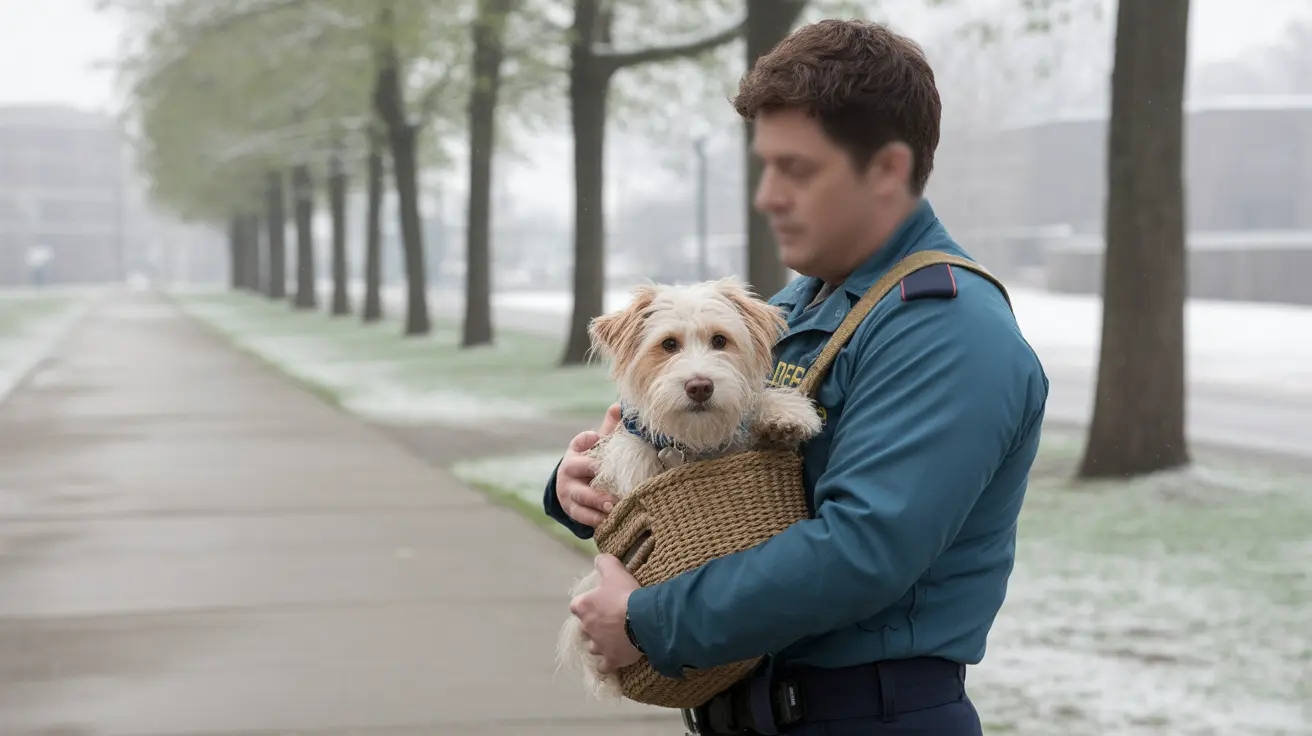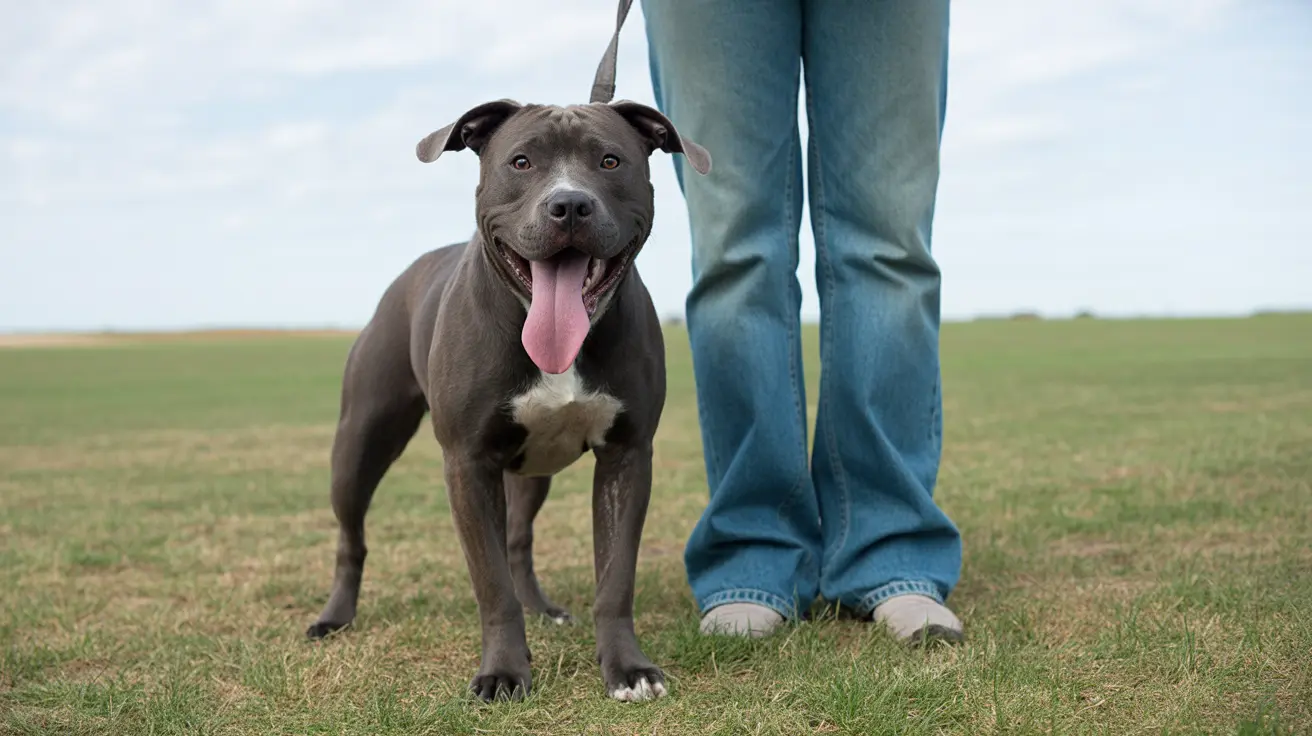Are Canned Black Beans Safe for Dogs?
Black beans are a nutritious legume filled with protein, fiber, and essential vitamins. While dogs can consume beans as part of a healthy diet, feeding them properly is key. The question is, can dogs eat canned black beans? The answer is a cautious yes—with important conditions.
What Makes Black Beans Good for Dogs?
Plain, cooked black beans offer several benefits for dogs:
- High in protein – a lean source of energy for muscles.
- Rich in fiber – aids in digestion and promotes bowel health.
- Loaded with nutrients – includes vitamins C and K, iron, potassium, and magnesium.
- Low in fat – supports weight management when fed in small amounts.
These benefits make black beans a good occasional snack or meal additive when served appropriately.
Risks of Canned Black Beans
Canned beans often contain added salt, preservatives, and seasonings that are harmful to dogs. These ingredients can lead to digestive distress, poisoning, or excessive water retention. Additionally, some flavorings include onions and garlic, which are toxic to dogs.
Safe Preparation Methods
To safely feed black beans to your dog:
- Use dried beans – soak overnight and boil until soft.
- Rinse thoroughly – remove any surface chemicals.
- Cook plainly – no salt, oil, or spices.
- Avoid canned beans – unless they’re low-sodium and fully rinsed.
Never serve black beans from a can containing flavorings or seasonings. Cooking beans from dried form is safer and preserves nutrients.
Portion Control Matters
Even healthy foods can cause issues when overfed. Dogs are prone to gas, bloating, and diarrhea if they eat too many beans. Start small to assess your dog’s tolerance:
- Small dogs: up to 1 teaspoon mixed with food.
- Large dogs: up to ½ cup per serving, once weekly.
Always monitor for signs of allergy or intolerance, including vomiting, diarrhea, skin irritation, or behavioral changes. If symptoms occur, contact a veterinarian promptly.
Black Beans vs. Other Beans
Many beans are safe for dogs, such as:
- Kidney beans
- Pinto beans
- Chickpeas
- Lima beans
- Edamame
But some, like fava beans (broad beans), are not recommended. They may contain higher levels of compounds like lectins or phytohemagglutinins, which are toxic when raw and difficult to digest.
Can Puppies Eat Black Beans?
Puppies have more sensitive digestive systems. If you choose to introduce black beans, use only small, cooked, and unseasoned portions. Monitor for any discomfort or allergic reaction and stop feeding beans if any signs occur.
Tips for Including Beans in Your Dog’s Diet
- Use beans as occasional treats, not meal replacements.
- Combine with regular dog food for nutritional diversity.
- Never feed baked or refried beans, which include harmful ingredients.
- Cook beans from scratch to ensure safety.
- Do not feed beans daily to avoid digestive buildup.
Final Thoughts
Black beans, when cooked and plain, are a healthy and protein-rich treat for dogs. However, canned black beans with added salt, seasoning, or sauces are not suitable. Choose fresh, dried beans, soak and boil thoroughly, and feed sparingly to avoid gastrointestinal upset. Your dog can enjoy the benefits of beans—but only when prepared with care.





